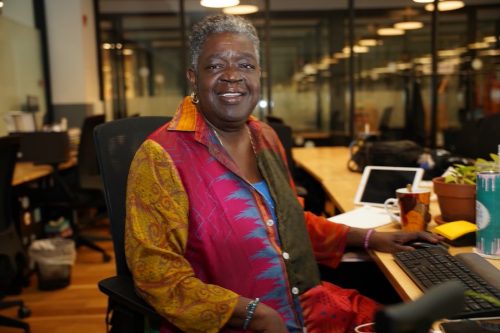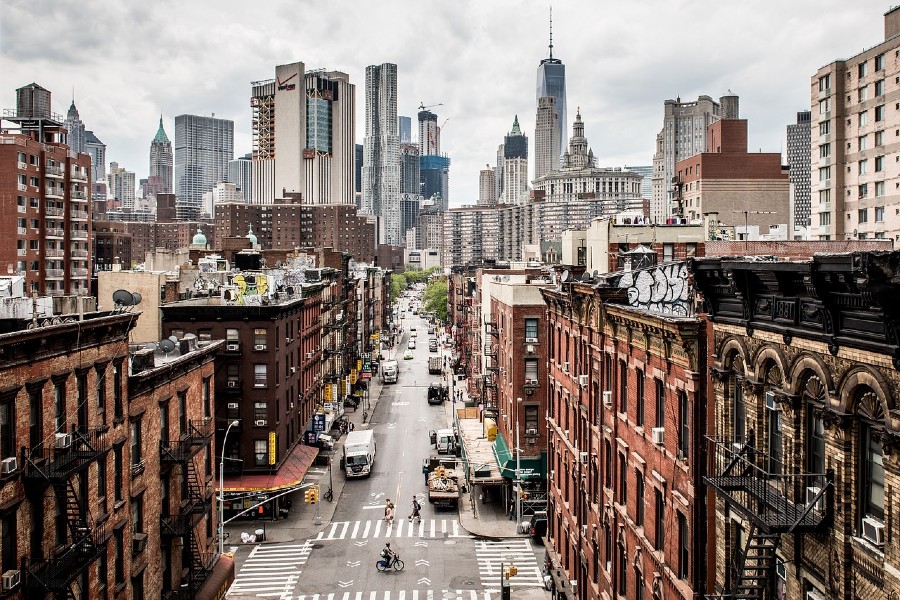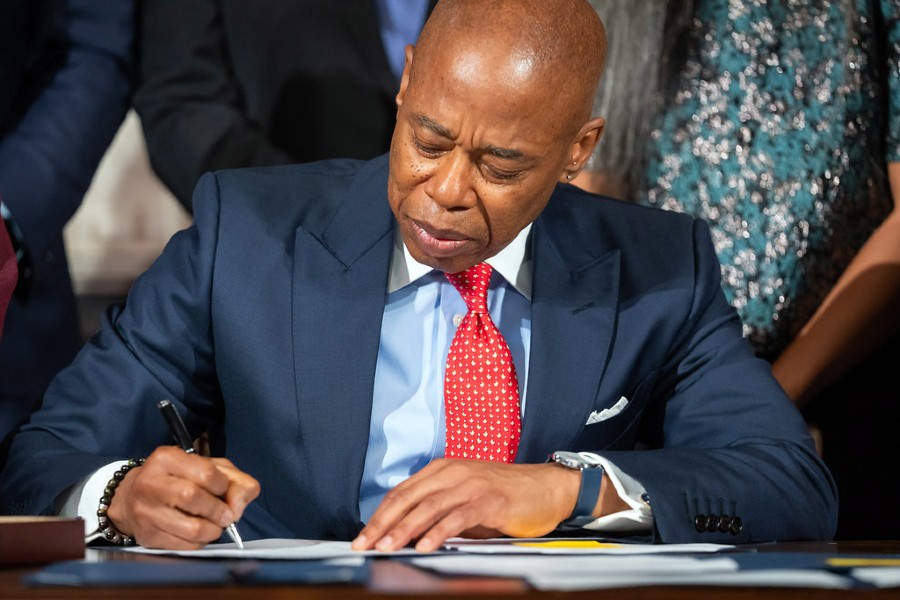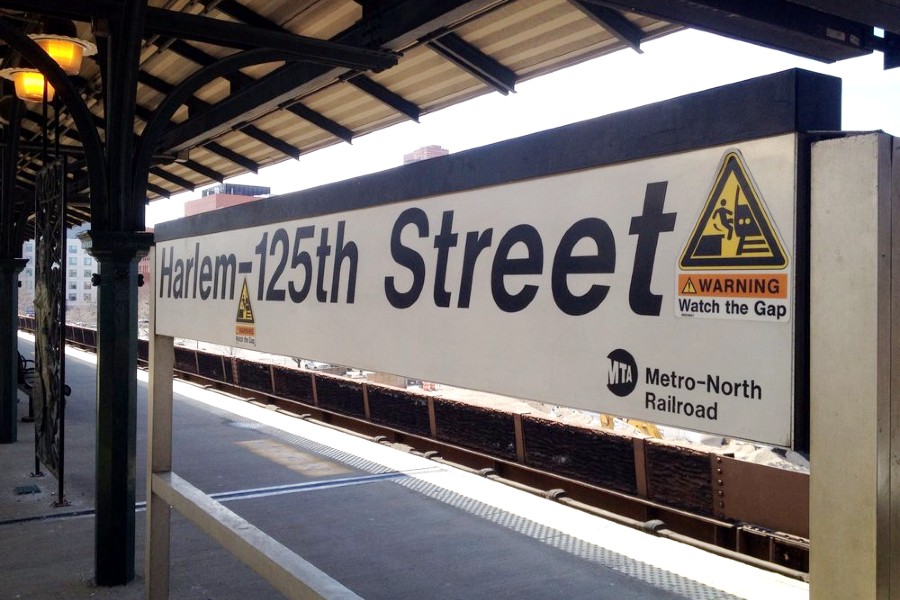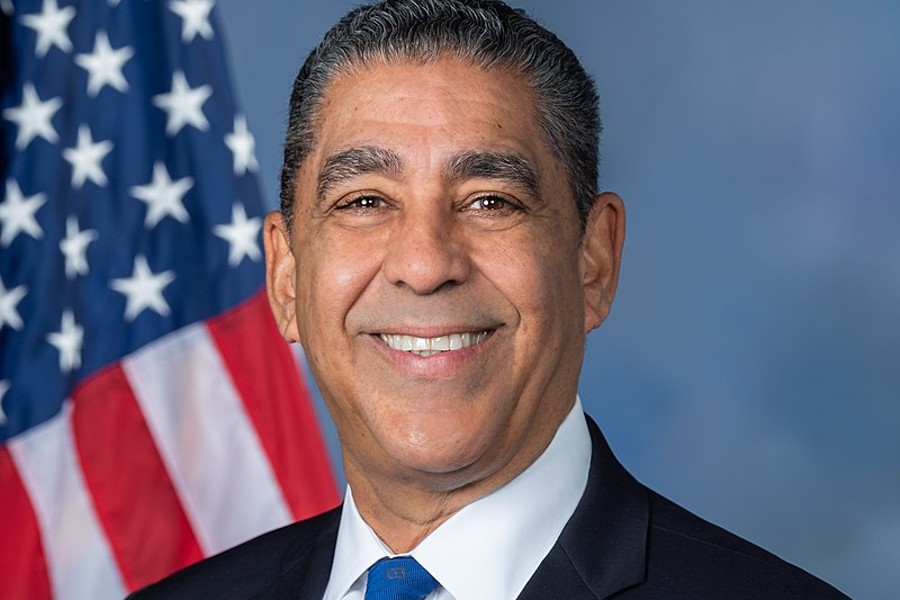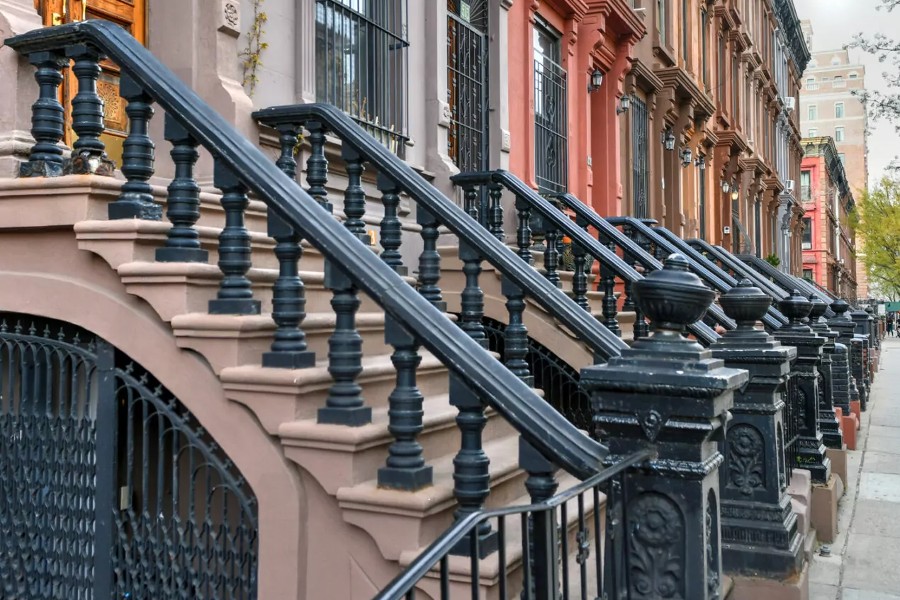
Our administration recently proposed the most ambitious pro-housing zoning changes in the history of New York City.
Changes that would rewrite the wrongs of the past and clear the way toward building the kinds of housing New York City so desperately needs.
The 1961 Zoning Resolution drastically changed the way our city would build housing and office space for over six decades, restricting the kinds of housing that could be built in certain neighborhoods, and effectively deciding who was allowed to live where.
We can never lose sight of the fact that many of those who pushed for the 1961 Zoning Code aimed to promote racial segregation.
In addition to that injustice, the 1961 code prioritized highways and cars over housing and mass transit, and limited growth rather than encouraging it.
These restrictive and increasingly complicated zoning rules are ultimately what got us to where we are today: a city that has failed to create enough housing for New Yorkers.
Our plan will end this longstanding history of injustice and allow us to build a little more housing in every neighborhood. The zoning updates we are proposing will help build the new housing so many New Yorkers want modern apartment buildings, beautiful brownstones, and affordable condos — all in mixed-use neighborhoods with multiple transit options.
Our proposal will incentivize affordable housing, build more housing near transit hubs, convert unused office space into apartments, and allow homeowners to build so-called “granny flats” on their property. We are also proposing that campuses, including houses of worship and other faith-based institutions, be allowed to develop housing on their existing properties — effectively saying, “Yes in God’s backyard.” And finally, we are determined to prioritize people over parking by lifting parking mandates for new developments, a major shift that will bring down costs of new housing all over the five boroughs. Under this proposal, while people will still be allowed to add parking, no one will be forced to build parking they don’t want.
This plan aims to boost housing supply by 100,000 homes in neighborhoods across the city over the next 15 years — supporting a quarter of a million New Yorkers — while simultaneously creating 250,000 family-sustaining jobs. It will help us get the housing we need for working people, growing families, new arrivals, young people just starting out, and older folks looking to age in place.
Half of all New Yorkers today are rent-burdened, which means that they spend more than 30 percent of their income on rent. In some communities, that number is even higher. Too many New Yorkers struggle with rent, and far too many New Yorkers are at risk of poverty and homelessness.
Our administration has already done important things to combat the housing crisis, including increasing the number of affordable homes, producing the most new supportive homes and homes for formerly homeless New Yorkers, and connecting more New Yorkers to permanent homes with CityFHEPS housing vouchers than ever in the program’s history.
But increasing supply is the surest path to bringing down rents and giving New Yorkers a break from the constant pressure of housing costs.
These are major, transformational changes that have succeeded at providing more affordable, stable housing in other cities, which virtually every housing expert and city planner agree on. In order to make them a reality, these rules will have to be approved by our City Council.
The Department of City Planning has just begun the process to advance this proposal. With public support, these changes could be in effect starting next fall.
We look forward to working with New Yorkers, housing advocates, community leaders, elected officials, and our brothers and sisters in labor unions to help make this a reality.
Because the future of housing is the future of New York City.
If we do this right, decades from now, New Yorkers will see this moment for what it was: a turning point away from exclusionary policies and outdated ideas, and towards a more equitable future.
It will be the moment when we came together and decided to be a ‘City of Yes.’
- How To Choose The Right Corporate Travel Management Provider For Your Business?
- How Having A Dog Can Enhance Your Overall Mental Health
- 10 Tips To Maximize Your Air Conditioner’s Efficiency
- New Gear For Fall On The Rise For You And Your Harlem Home
- NYIC Launches ‘New York Proud’ Public Art Campaign Celebrating Immigrant Stories Across NYC
Become a Harlem Insider!
By submitting this form, you are consenting to receive marketing emails from: Harlem World Magazine, 2521 1/2 west 42nd street, Los Angeles, CA, 90008, https://www.harlemworldmagazine.com. You can revoke your consent to receive emails at any time by using the SafeUnsubscribe® link, found at the bottom of every email. Emails are serviced by Constant Contact


